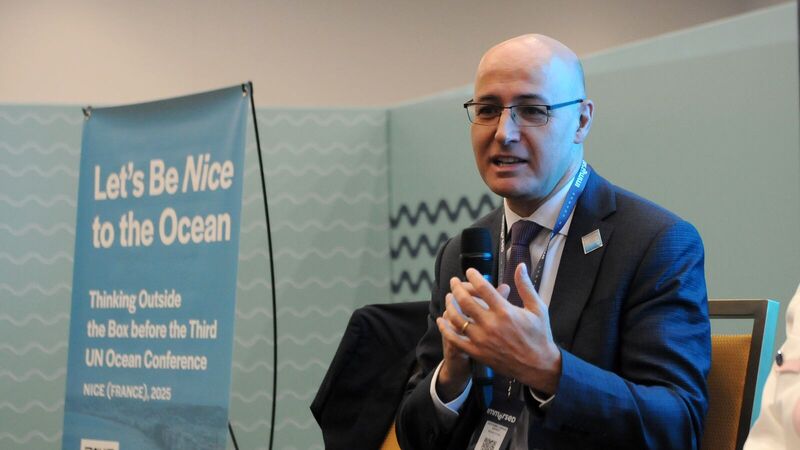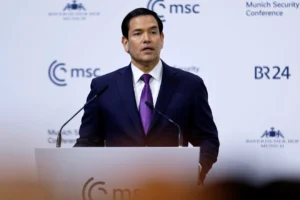Key Impact Points:
- $300 billion target agreed: Developed countries will lead efforts to provide $300 billion annually for developing nations, aiming for $1.3 trillion per year by 2035.
- Gap in ambition remains: UNCTAD estimates $900 billion annually by 2025 is needed to effectively address climate challenges.
- Structural improvements needed: The agreement highlights transparency and concessional support but lacks concrete commitments on grants and adaptation funding.
A New Climate Finance Target
At COP29, countries finalized a New Collective Quantified Goal (NCQG) on climate finance. Developed countries pledged to lead efforts to mobilize $300 billion annually by 2035, within a broader target of $1.3 trillion for developing nations. This commitment shapes climate finance talks for the next decade.
UN Trade and Development (UNCTAD) estimates the NCQG should start at $900 billion annually in 2025, scaling to $1.46 trillion by 2030. According to UNCTAD, “Meeting financing needs now prevents rising costs in dollars, lives, or livelihoods.” Timely action, such as planting mangrove forests and shifting from fossil fuels, could mitigate risks and save lives.
Challenges in Scaling Up Financing
While the $300 billion target represents progress, questions remain about its adequacy. Inflation and new funding sources mean the fiscal burden on developed nations might not significantly increase compared to the $100 billion goal from 2009. For perspective, fossil fuel subsidies in 2022 accounted for 3.6% of GDP in developed countries, while the new target is only 0.46%.
“The agreed goal can form a foundation for scaling up ambition in the coming years,” highlights the potential for future progress.
Improving Climate Finance Quality
UNCTAD emphasized the importance of addressing prior shortcomings, including transparency, access, and the role of grants. Although the agreement recognizes debt distress and encourages concessional financing, it lacks specific commitments on grant-based funding. Adaptation funding remains underrepresented, with only 6% of global climate finance allocated to this area.
Change the World - Subscribe Now
Small island and least developed nations continue to call for a minimum support target. The absence of such commitments underscores the urgency of the 2030 review to address these gaps.
Paving the Road to $1.3 Trillion
Countries now look to the “Baku to Belém Roadmap to 1.3T.” This initiative, led by Azerbaijan and Brazil, will outline strategies to raise $1.3 trillion annually by 2035. The roadmap aligns with UNCTAD’s 16th quadrennial conference and the 4th International Conference on Financing for Development, presenting an opportunity for transformative global action.
“The difficult path to the adoption of the decision is testament to the incredibly complex geopolitical moment and the pressures multilateralism faces,” the report notes. Sustained efforts could make 2025 a pivotal year for financing climate and development goals.

 Follow SDG News on LinkedIn
Follow SDG News on LinkedIn











